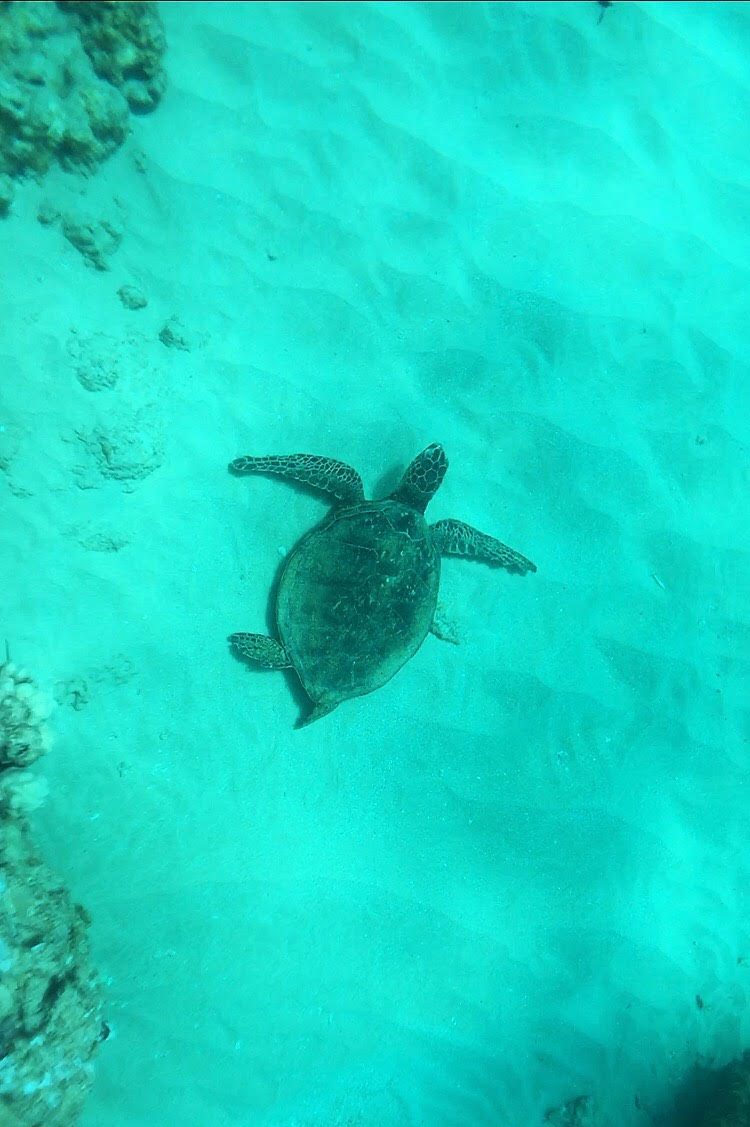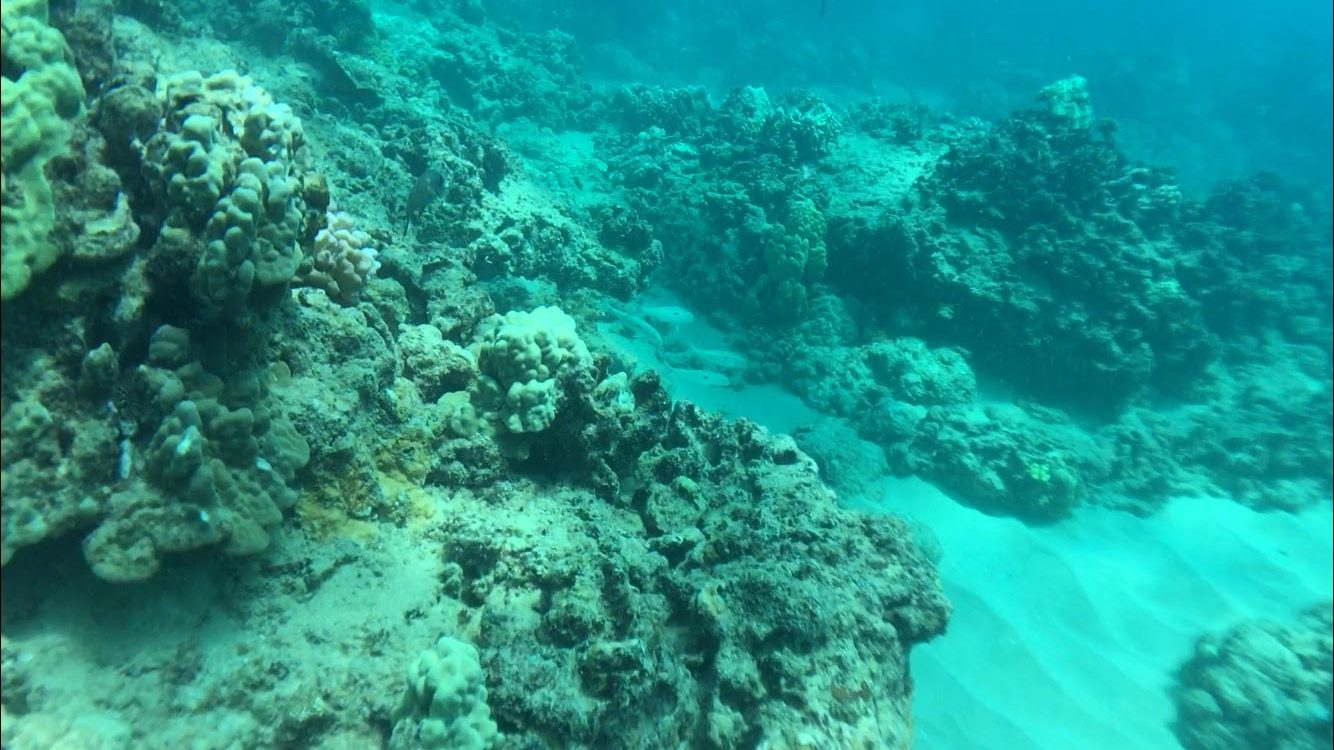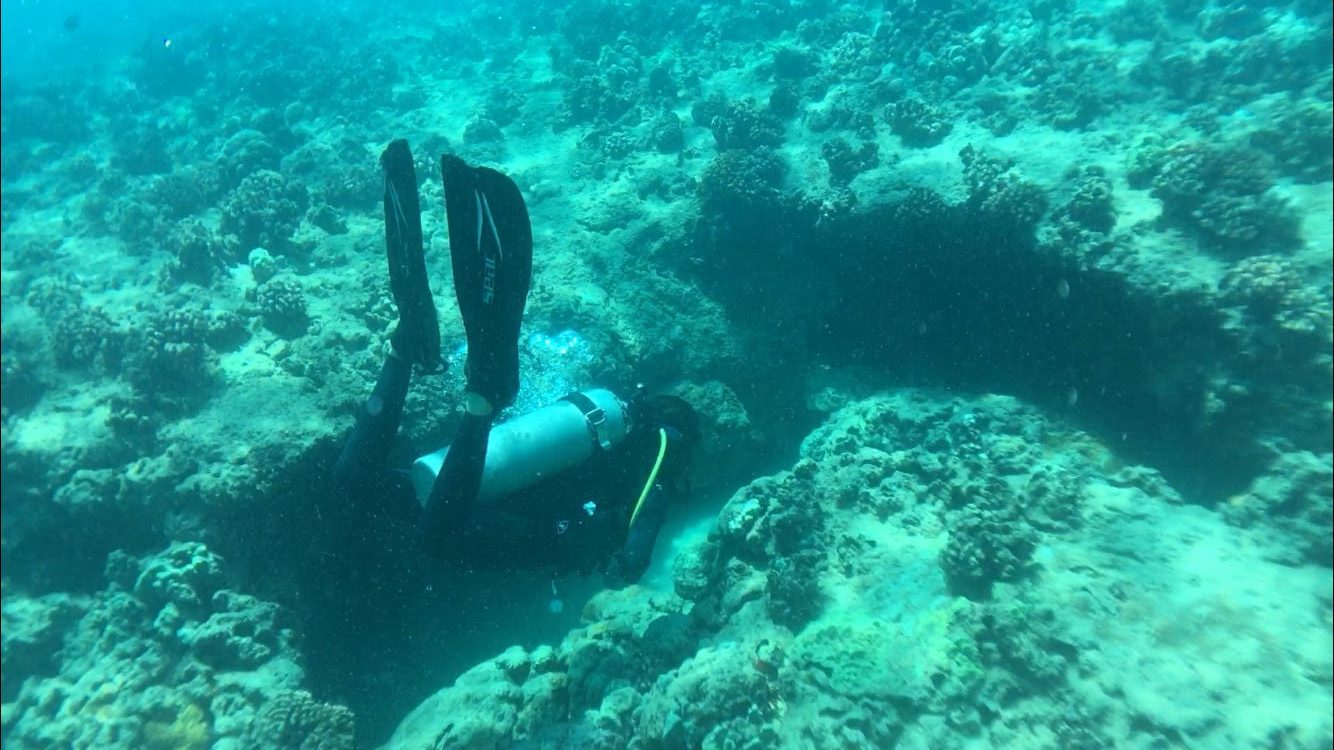ECO DIVERS: SCUBA DIVING FOR CONSERVATION

What attracts you to scuba diving? For me, it’s the biodiversity. I love the element of surprise. When you dip your face underwater, you never know what you’re going to see. I’m drawn to the complex coral reefs, the rainbow of different fish species, the anticipation that a shark, ray, or octopus may appear at any moment. I’m fascinated by the oceans’ large apex predators, as well as the smallest micro-organisms and everything in between. What do all these things have in common? They all rely on a healthy ocean ecosystem to thrive.

A divemaster investigating the reef.
The ocean is a vast and mysterious place, and we still have so much to learn. Scuba diving gives us the gift of time. Extending the amount of time we can spend underwater allows us to explore and make discoveries. Gaining this unique and intimate knowledge inspires a newfound respect. With this respect comes responsibility, and it’s our responsibility to protect these vulnerable ecosystems.

For generations, the ocean has often been viewed as an endless and unchanging force of nature. Society had this attitude that nothing we do could harm such a large body of water. Now we are realizing this is not the case. Between over fishing and over polluting, this seemingly untouchable body of water is showing its vulnerability. We are now at a turning point where we can continue down our current path, or we can use this knowledge to inspire change.
While scuba diving, you might notice new species and ecosystem interactions that you never knew about. Every time I dive, I find myself trying to I.D new species of fish, trying to understand the underwater topography, and wanting to learn about the different species of corals and invertebrates. Diving lets you begin expanding your knowledge about the oceans’ many complex systems. This is a powerful step towards conservation. Once you educate yourself, you can begin to educate others.
There are many ways to educate others about the ocean and inspire them to make a difference. I find that the simple act of seeing something sparks curiosity. This comes in many different forms. A good example of this was the first time I saw a shark in the wild. I always thought I would be frightened if I crossed paths with a shark underwater, but that wasn’t the case. Diving off the west side of Oahu, we swam up to a dark coral-encrusted cave. Shining a light inside, we saw three white-tip reef sharks. One was a pregnant female, and two were larger males. In this moment, I realized that sharks aren’t the monsters they’re portrayed to be in text and media. The ocean is their home and they provide a necessary balance to their ecosystem. After this experience, I began to learn more about sharks and the issues they face like shark-finning, overfishing, pollution, etc. Sharing pictures from this dive sparked many productive and meaningful conversations with friends and family about ocean conservation.

School of Blue Striped Snappers
While you may not be able to physically take someone out diving, telling stories or sharing photographs from your dives is often enough to get people interested in the underwater world. Your voice and experiences as a diver are a powerful activism tool. Once you develop this conservation mindset, you begin to live in a way that aligns with these morals. Every step you make in the right direction matters. Whether it be reducing single-use plastic, wearing reef-safe sunscreen, attending beach cleanups, or making a point to only consume sustainable seafood. Live in a way that protects the ocean and encourage others to do the same. This way, our beautiful reefs and diverse populations will be around for future generations to enjoy.

Profile of Electric Beach dive site.

Searching for white tip reef sharks
